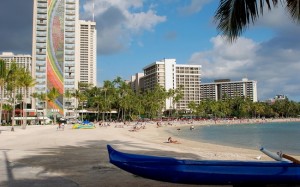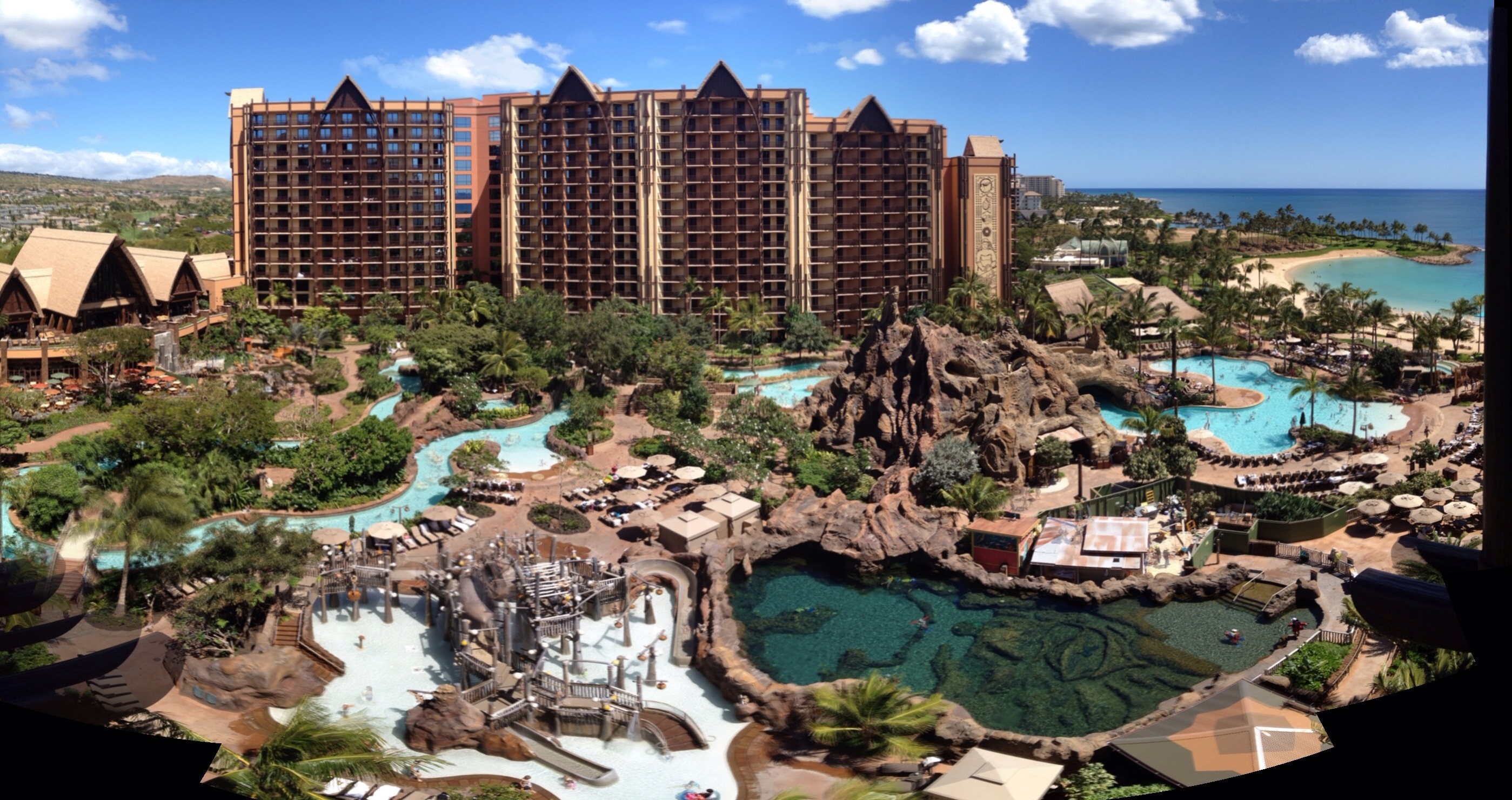In an article posted in Maui Now on Friday, September 1, it was reported that Hawaii Governor David Ige is expected to sign the Oahu rail funding bailout bill, which passed out of the House by a 31-15 vote on Friday. The Governor stated he fully expected to sign the bill before the Honolulu City Council meets today.

The Grand Waikikian at Hilton Hawaiian Village
Senate Bill 4 will provide about $2.39 billion to complete construction of the rail project to Ala Moana and provide a secure funding source to ensure continued federal support. Rep. Henry Aquino (Waipahu) said it is important to support the Oahu rail project to relieve traffic congestion for West Oʻahu residents.
One of the items in the Bill directly affects Hawaii timeshare resale owners and their taxes. Refer to item two below to see how Hawaii timeshare resale owners and Hawaii timeshare resorts will be impacted:
The bill will:
· Extend the general excise tax surcharge on Oʻahu for three additional years, from Dec. 31, 2027 through Dec. 31, 2030. This will provide $1.25 billion.
· Raise the hotel room tax charged to visitors (Transient Accommodation Tax) by one percent from 9.25% to 10.25% for 13 years, from Jan. 1, 2018 to Dec. 31, 2030. This also applies to all Hawaii timeshares and Hawaii timeshare resales. This will provide $1.25 billion.
· The hotel room tax is collected statewide and goes directly into the general fund, not to the island where it is collected. Each county receives an allocated proportional share of the tax regardless of total amounts collected. Raising the tax does not change that amount.
· Permanently increase the counties share of the TAT from its current $93 million base to $103 million.
· Reduce the State Department of Taxation’s administrative fee on the GET surcharge from 10% to 1%.
· Require a state run forensic audit of the rail project and annual financial reviews.
The article continued, reporting that:
The bill also provides that funds collected for rail go into a new Mass Transit Special Fund and rather than simply give the money to the City, and requires the State Comptroller to certify HART’s invoices for capital costs as the project moves forward. This will allow the state to keep track of both spending and construction progress.
The bill addresses the immediate rail construction shortfall by collecting funds upfront through a small TAT increase instead of adding additional years of GET surcharge on the back end. This will reduce the financing costs of the project by hundreds of millions of dollars.
A rail bill that relies solely on GET will continue to tax the poor and increase the cost to taxpayers in the long term. By substantially relying on the TAT, visitors will now bare a significant portion of the financing burden.
Syed Sarmad, Principal Broker for Advantage Vacation





